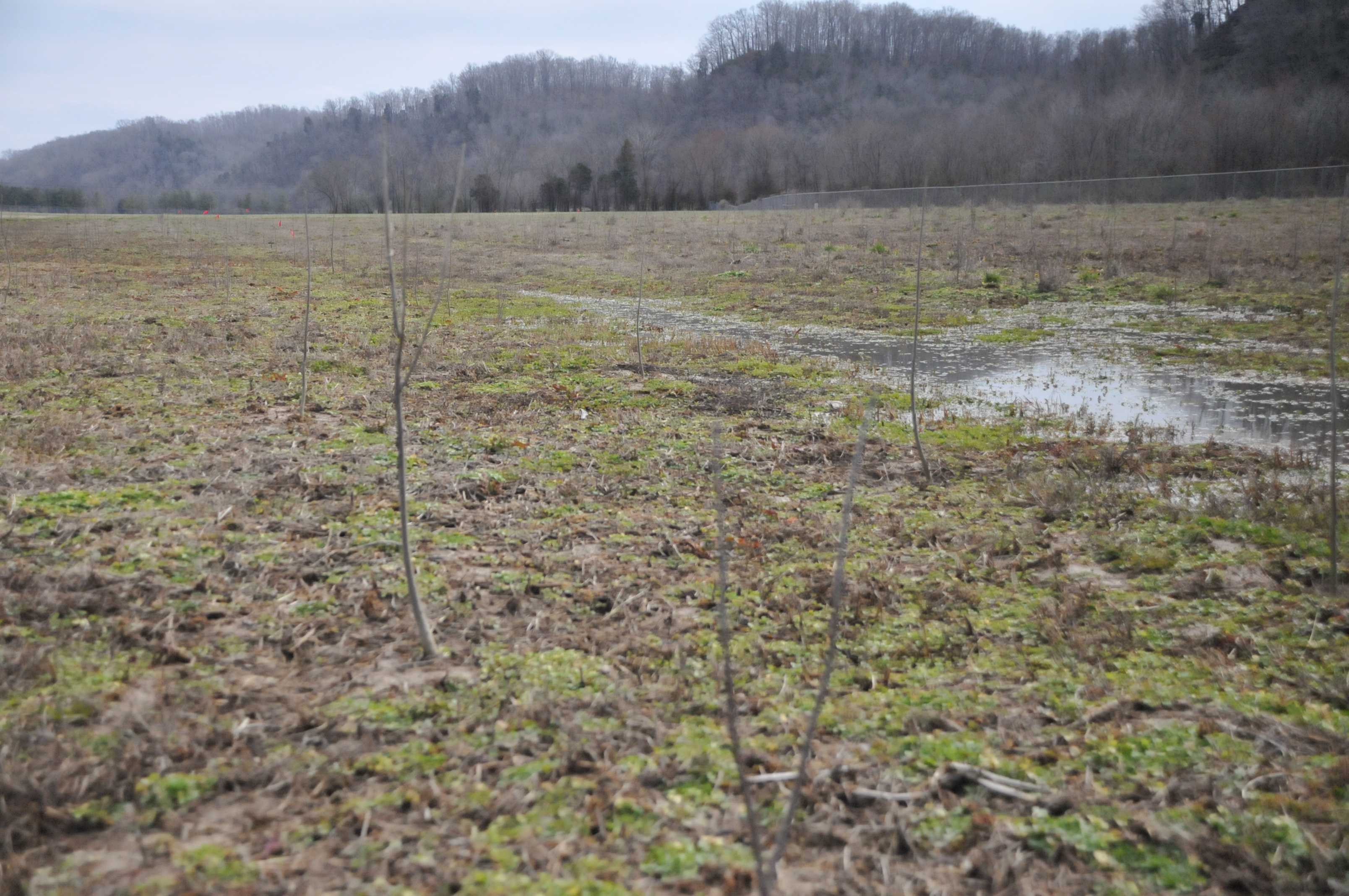- Home >
- Faculty Websites >
- Solomon Haile
- > Woodybiomass
Evaluation of Woody Biomass Feedstock Plantations
Project Summary
Fast growing short rotation woody biomass for biofuel plantations on lands of flood prone surface in Middle Tennessee area can diversify domestic energy supplies and facilitate the reforestation of these lands. A large number of researchers have examined the impacts of fertilization, spacing, and site preparation on short rotation woody plantations established on higher quality sites. Despite an extensive body of knowledge on fast growing short rotation woody plantations, the effects on of short rotation practices on tree growth has not been well document on highly disturbed lands such as flood prone surface lands.
The objective of this study is to examine growth, biomass accumulation and allocation, survival, and nitrogen concentrations following two growing seasons in Green Ash(Fraxinus pennsylvanica) and Yellow poplar (Liriodendron tulipifera) seedlings receiving treatments of fertilization, pine straw mulching and mulching + fertilization compared with untreated control.
The project is supported by NIFA through the McIntire-Stennis Cooperative Forestry Research Program
webpage contact:


